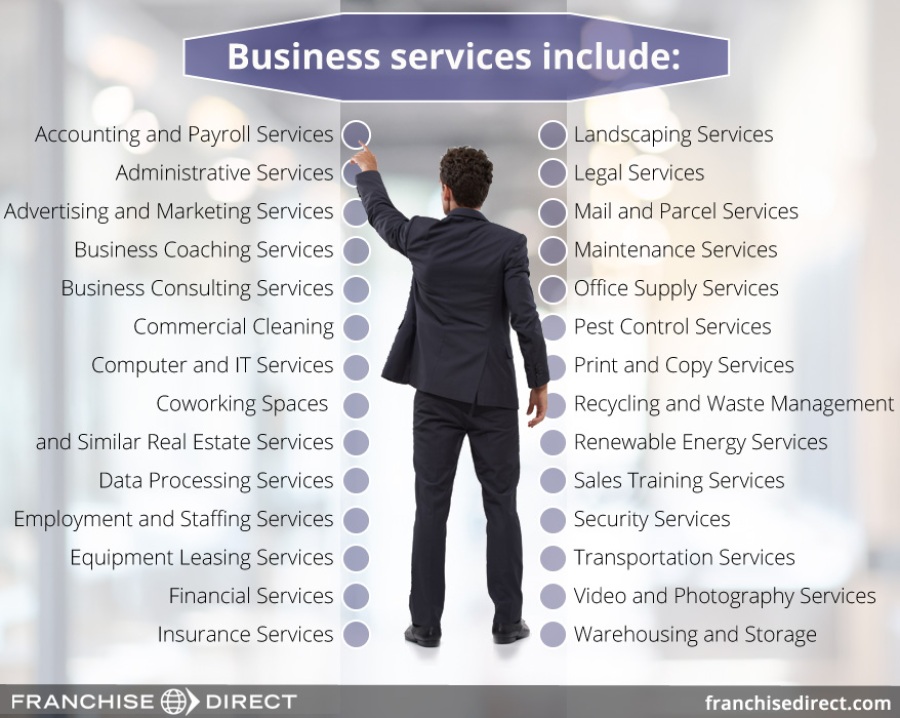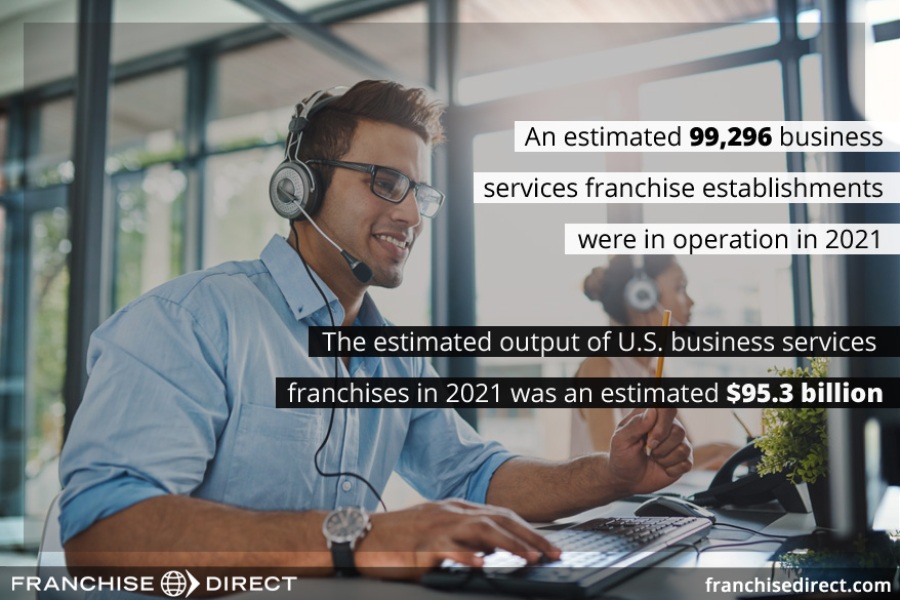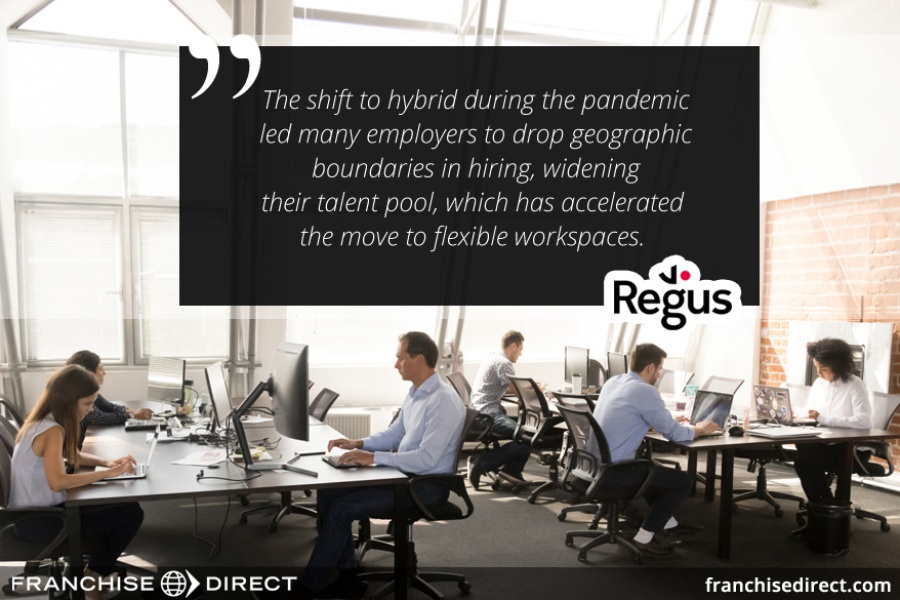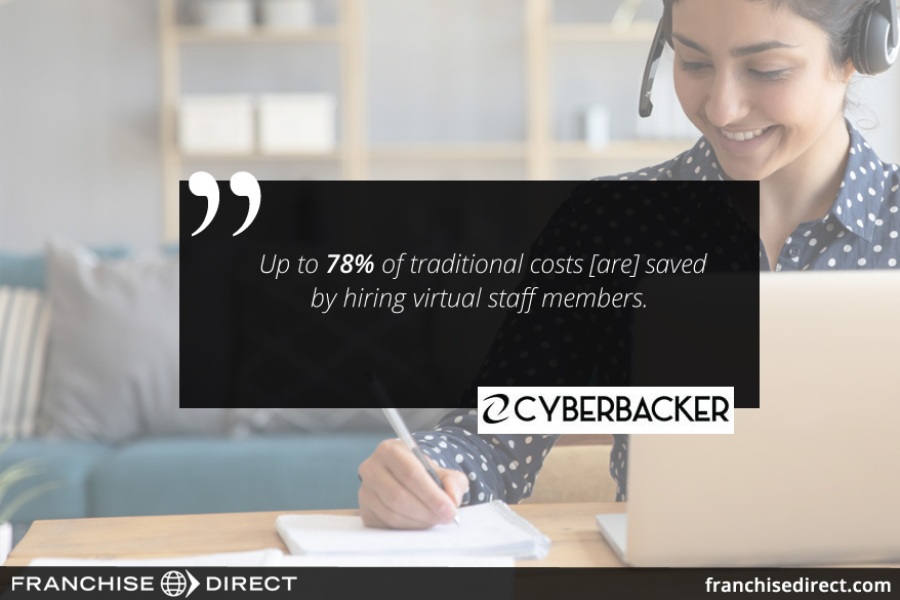🕒 Estimated Reading Time: ~11 minutes

At the start of their business ventures, many small business owners are very self-reliant because of the personal risk involved—not to mention the typical lack of cash flow. However, as the business grows, there comes a time when small business owners need to relinquish control and leave some tasks primarily to others.
Outsourcing certain business functions frees up time that can be better utilized on other parts of the business that can lead to greater profit. In general, experts suggest that small business owners outsource “tasks that are intricate and time consuming.” Or, you can take a more personalized approach. As Tim Vogel of dog grooming and wellness franchise Scenthound said in reference to which tasks he wanted to outsource first, he decided by figuring out “what’s the first hat I wanted to get rid of.”
For instance, imagine you are a small business owner (maybe you don’t have to imagine), do you know the answer to the following questions?
- What are the regulations for how reflective a business sign can be in your area?
- If you have employees, how do overtime regulations apply to your workers?
- If you ship items, do your packages meet the national design specifications for mailing?
- What is the correct bleed when printing flyers?
Instead of reading up on those regulations (and possibly misinterpreting them) or spending valuable time figuring out how to do the items listed above, you could enlist the services of one of these franchises to help: FASTSIGNS, Express Employment Professionals, Unishippers, and Minuteman Press. All of these franchises – and many, many more – are part of the business services franchise industry.
NOTE: Be advised that outsourcing isn’t a “set it and forget it” proposition. Effective outsourcing, as Vogel cautioned during an IFA 2022 Convention panel, requires oversight and someone ensuring vendors are held accountable to results. “I made [that] mistake with some of the vendors […] just letting them go, saying OK, you handle this,” he said.
Business Services Industry Overview and Outlook
The business services industry (sometimes called the professional services industry) is a very broad industry encompassing many different categories of business operations, which often crossover into other industries. These servies include, but are not limited to:

As alluded to above, small and medium sized businesses (SMBs) benefit from and utilize the services of franchises in this industry the most. The reason is SMBs are companies that typically have less resources when compared to their larger counterparts. Because they have less resources, it’s harder for them to keep up with the constant changes the business landscape goes through.
Because it is so broad, and franchises that perform business services functions can be categorized in other areas, it is a bit difficult to get a comprehensive read on its economic impact. However, First Research estimates that the general business services sector in the United States (franchised and non-franchised businesses) accounts for combined annual sales of about $950 billion.
For franchises specifically, a report by FRANdata and the International Franchise Association found that there were an estimated 99,296 business services franchise establishments in operation in 2021. According to the same report, the estimated output of U.S. business services franchises in 2021 was an estimated $95.3 billion.
Those numbers are only expected to continue growing in the coming years. For 2022, specifically, the report referenced above projects business services franchises in the United States to increase by 1.4% in terms of units, 3% in terms of employment, and 4.7% in terms of economic output.

For more background on trends present in the industry, and where it appears headed, here is what FRANdata and the IFA say:
Adopting advanced technology for operational efficiency and offering seamless technology support for employees working remotely have become increasingly critical, and franchises that offer IT services in the sector have benefitted enormously. The mailing, packing, and shipping segment is expected to continue to expand, mirroring consumers’ preferences for online ordering and delivery. In addition, because of the all-time-high resignation rate in the job market, with more people switching jobs for higher paying positions, franchises that offer personnel services experienced growth by leveraging that trend. Accelerated growth was also seen from franchises that offer broker services, advertising, [as well as] accounting and payroll services.
How Business Services Franchises Have Evolved to Meet Customer Needs
Many franchises that began business life with a singular focus, like print shops Minuteman Press and AlphaGraphics, have made the transition into full service business centers in recent years to keep up with the evolution of consumer demand.
Most transitions like these occur without too much change to the foundation of the business. Perhaps the franchise begins employing a new color scheme, making the logo more modern, or maybe does some advertising to publicize its expanded offerings. These situations are referred to as a brand refresh.
But sometimes a full rebrand is necessary. Rebrands involve the changing of core elements such as the name and/or philosophy of a company. One business services franchise that made such a big change to its offered services that it actually had to go through with a rebrand is Fully Promoted.

Spurred on by franchisee feedback, the former EmbroidMe made a branding change, becoming Fully Promoted at the start of 2017 after over 16 years in business. The company’s original specialization was—and still is—custom-branded apparel items for companies (and, to a lesser extent, individuals). However, customers started expressing desire for more: other promotional products, printing services, and digital marketing.
Corporate heeded the changing market demand and made a change. “I think it says a lot about a marketing company when it is willing to pivot to face the needs of its audience,” Joe Loch, then-president of Fully Promoted, said at the time of the rebrand.
“We made the switch to Fully Promoted in response to where the market has been heading, which helps underscore our expertise, insight, and ultimately the value we bring to every customer who comes to any Fully Promoted location.” Loch said. “The message is that we have first-hand experience getting more out of our own brand, so we're uniquely qualified to help our customers do the same with their own businesses.”
When successful, expanding their service offerings is not only a way for franchises to cultivate happier customers, it also helps them appeal to more people—including franchisees. For one, diversifying the revenue streams available to the franchise creates more earning opportunities for current franchisees. It also helps recruit a larger base of prospective franchise owners who don’t want to be pigeonholed in one area.
A Changing Workplace’s Impact on Business Services Franchises
One of the biggest evolutions currently happening in the business services industry is the shift to accommodate changing workplace conditions, and coworking space franchises are one of the biggest beneficiaries.
There’s no doubt that the early pandemic weeks and months caused a major re-evaluation of office space function. As remote and hybrid work started to take hold, employers began, in earnest, to reassess the expense of office real estate vs. productivity and their bottom lines.
Even before the pandemic, coworking space franchises offered a more affordable real estate alternative for employers, while also being a viable option for freelancers, entrepreneurs, and other business professionals looking to excel in their endeavors. But now, they stand to figure more prominently in corporate life. The Global Coworking Growth Study estimated that approximately five million people will be working from coworking spaces by 2024, an increase of 158% compared to 2020.
I think [employers and building owners] need to carefully think about what the purpose of office space is and what it will look like going forward to retain [employees and tenants].
“While some leaders were skeptical about mostly or fully remote teams, workers who adopted the hybrid model thrived,” says Regus, one of the more longstanding franchises in the field. “The shift to hybrid during the pandemic led many employers to drop geographic boundaries in hiring, widening their talent pool. […] That accelerated the move to flexible workspaces as they increasingly adopt the hub-and-spoke model, with smaller central offices, more regional hubs, and the use of local flexspace and co-working providers.”

And while demand from larger private sector employers is leading the way, the re-evaluation of the workplace hasn’t stopped there. Per a June 2021 Work Design Magazine article, governments around the world are also making the shift. For example, in the United States over 400 federal government agencies published a solicitation for Flexible Coworking Services in January of 2020.
In the solicitation, one of those agencies, the General Services Administration (GSA), noted it was “seeking nationwide Flexible Coworking Services (FCS) solutions that provide federal employees with flexible workspace solutions in order to occupy only the space needed in order to meet their missions and promote a responsible use of taxpayer dollars.”
All of this means is there could be even more opportunity upcoming for coworking and flexible workspace franchises.
Virtual Assisting Also Gets a Bump
Along the same lines of the increase in demand for co-working space franchises, there has also been an increase in demand for virtual assisting as workers realize they can be just as productive from home (or elsewhere).
According to virtual business support services franchise Cyberbacker, small businesses “are especially likely to hire virtual staff with more than 80% saying they intend to hire a more flexible workforce in the future” as “up to 78% of traditional costs [are] saved by hiring virtual staff members.”
According to The PennyMatters, there are over 20 different types of virtual assistants currently. The main types include: virtual general administrative assistant, social media marketing virtual assistant, virtual assistant writer, virtual bookkeeper, and real estate virtual assistant. However, because of the diversity in the business world, there are countless areas where the industry could grow into.

Buying a Business Services Franchise
Please note: The provisions and fees illustrated below are some of the most common and not a complete listing. Please review the franchise disclosure document (FDD) of a franchise for all of the provisions and fees related to investing in that particular franchise.
The Personality of a Successful Business Services Franchisee
In most franchise industries, the franchisee is selling the service or product to a customer that is going to use the service or product personally. Obviously, business services franchises do something a little different, offering their services for professional use instead of personal. But what does that mean for the franchisee? The biggest consideration is the perspective needed to optimize sales for franchise.
While it is important to success for all types of franchises, relationship building is especially important in business services franchises. Because the transactions between business services franchises and their customers tend to be more expensive and have a direct effect on the profit potential of the customers’ businesses—which in turn impacts virtually every other aspect of their life—the engagement level is often much higher than with traditional customers.
Unless one or both parties are unsatisfied with the result, one-and-done transactions are rare. To that end, business services franchises need much more interpersonal-minded franchisees, ones who can maintain long-term connections.
Ideally, business services franchise business owners will be comfortable working with others and networking. A background in sales or client relations could be beneficial to owning a business services franchise, but usually isn’t required.

As Minuteman Press notes about its franchise opportunity, “You do not need any prior experience to own and operate a Minuteman Press franchise. We are looking for individuals who enjoy working with like-minded business owners and we are alert to the needs of their business community.”
However, there are exceptions. One of those is Cyberbacker, which “expect[s] a Cyberbacker franchise owner to have at least five years of experience in their industry [segment].” It believes by doing this it can help those with set connections “leverage [their] sphere of influence, providing [them] with a valuable support team.”
Initial Investment and Opening Costs for Business Services Franchises
The amount necessary to open a franchise varies depending on the unique business system and execution requirements. The initial investment required for a business services franchise can range from a low in the tens of thousands to a high in the hundreds of thousands of dollars.
Our franchise profiles will present you with a basic range for the initial investment or minimum cash required to open a franchise. But when it comes to finding out the details of an initial investment, the FDD is the best place to look. Franchisors offer itemized estimates in their FDD based upon their experience establishing, and in some cases operating, units.
Keep in mind these estimates are just that, though—an estimate. Prospective franchisees should review the figures presented with a business advisor, taking into consideration their unique circumstances, before making the decision to enter into a franchise agreement.
Ongoing Costs
Don’t forget about the additional costs required for nearly all franchise businesses. This includes expenses such as royalty fees, marketing fees, software fees, training fees, and more.
The most common is the royalty fee. Royalty fees are assessed for the continued use of the franchisor’s trademarks and patented processes, along with certain types of operational support. In addition to regularly assessed fees, other fees are charged on an “as needed” basis such as audit fees, or costs for additional, non-mandatory, training.
It’s important to note that while many initial and ongoing costs are detailed in the FDD, there are some costs inherent to business ownership, like employee wages or utility costs, that aren’t.
--
Please visit our Business Services Franchises page for a listing of franchises in this industry seeking franchisees.
Hottest Business Services Franchises

Venture X
The future of co-working is here! Meet the growing demand for shared work spaces!

Office Evolution
Office Evolution offers an extraordinary opportunity to take advantage of today’s changing business world by investing in a unique coworking space franchise in a multi-billion-dollar category.















